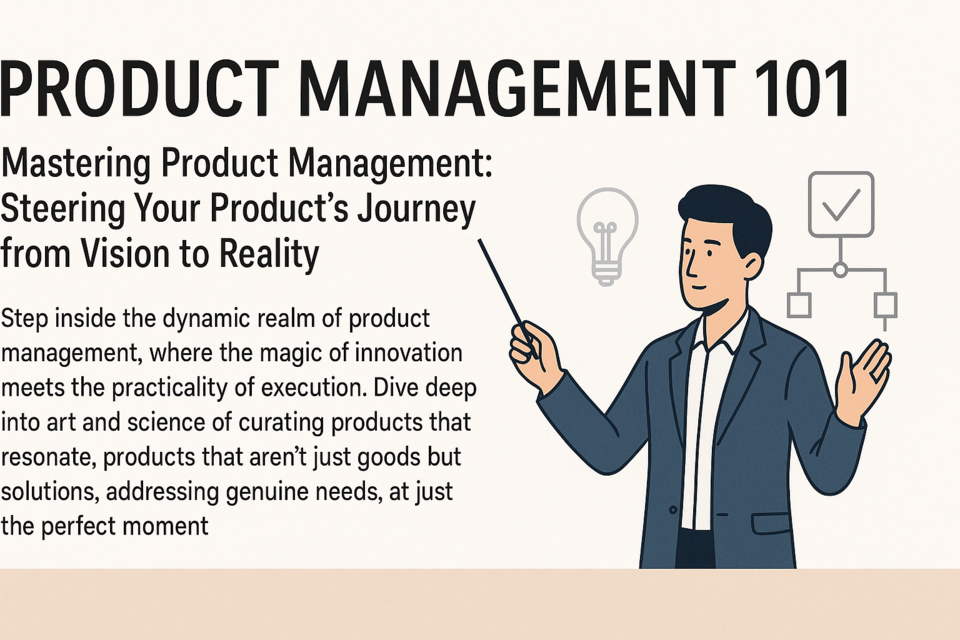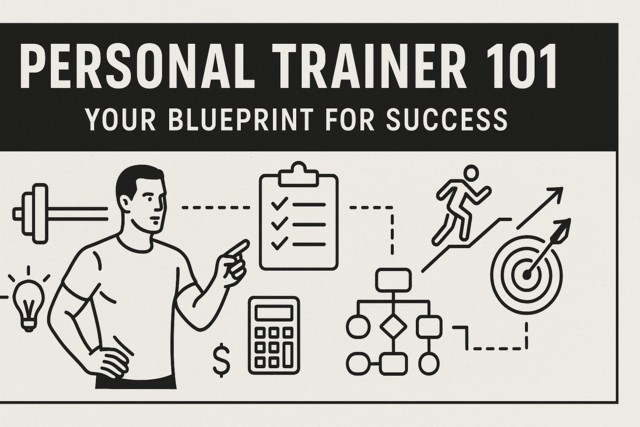What Spirituality Is Not
Religion is about a set of beliefs based on dogma and practices established as a way to honor a supreme being. Christianity, Buddhism, Hinduism, etc., all have a set of beliefs that include those who subscribe to them and exclude those who do not.
Morality is a discussion of right and wrong. Most of our moral code is the result of the cultural collective of our society. Morality varies from culture to culture, country to country. A moral killing in the Middle East is applauded, but here in the United States the perpetrator lands in jail. A recent death in Phoenix, Arizona, was called murder; but to the father who killed his daughter, it was an honor killing because his daughter had brought dishonor to his family for her decision to live with her boyfriend. In his Iraqui opinion, she had become too Westernized. Had he killed her in Iraq, he would not have been prosecuted.
Ethics are not spirituality. Ethics are derived from a culture's moral code and translated into daily behavior. Ethics are more about the right and wrong ways to act in a particular situation. The "Dear Abby" newspaper advice column is written by a specialist in social ethics, but knowing how to behave does not make one an expert on spirituality.
Developing spirituality helps us develop compassion for other people, an especially helpful trait when it comes to life coaching. This sort of compassion looks beyond whether a person is perfect, preferring instead to look with acceptance and openness.
Increasing your spirituality helps you boost your own human characteristics of kindness, patience, self-acceptance, and self-awareness. We become more flexible, understanding, and wise. One of the most important aspects of developing spiritually is that, as our spirituality grows, our fears shrink.
Ways to Get in Touch with Your Spriitual Self
Breathing meditation teaches clients to simply focus on the process of breathing. Everyone breathes. There is no right way or wrong way to do this exercise. By focusing only on one's breathing and shooing away any thought that comes to mind, you are learning to meditate. The reason to teach meditation is that most people fail to live in the moment. We are all so concerned about living for tomorrow or some future event, or we are still gnashing our teeth about an event that happened yesterday or even 10 years ago. One well-known meditation specialist said that all stress is either a past or future event. There is absolutely no stress in the moment. That is why you should both practice and teach this simple meditative technique to your clients. You quiet the clatter and chatter of life. You relax. You reduce your stress.
Music, dancing, and singing: These activities alter our state of consciousness. They stimulate different portions of our brain and are not considered to be thinking activities but rather activities that respond to our unconscious brain.
Nature: Find a peaceful surrounding that speaks to you. It could be a mountaintop, edge of a sea or stream, crackling fire, or beautiful garden. Most of these experiences are fundamentally spiritual, especially when you participate in them alone. Native tribes always sought balance from the four essential elements of earth, wind, fire, and water.
Worship and prayer: When entered into with full participation, these activities allow us to have a spiritual experience with the physical, mental, and emotional parts of who we are. They can help open your mind to the very experience of being alive.
Why It is Important
A term you will hear more and more as you journey further into your coaching career is the word "awareness." To be aware means the ability to open yourself up to all the possibilities life has to offer.
Whenever you face a problem at work, home, in a relationship, even a problem writing a memorandum, you will soon learn to become aware of the problem and everything that surrounds it. Open up to yourself. Open yourself up to whatever is blocking you, preventing you from being able to move forward. By choosing to cut off your awareness, you eliminate possibilities. Awareness and spirituality are inextricably combined.
Spirituality and awareness allow us to see not just the good in a situation but also the bad. This is important because life is not just about happy sunshine. It is full of difficult and troubling experiences. Being aware means that we have full choice of whatever life we wish to carve out for ourselves.
Many coaches believe it is essential to focus only on the good in a situation. We will talk more about how that can actually prevent your own personal development. By focusing only on the good of a situation, we cut off our awareness of a potentially bad situation and set ourselves up to be taken advantage of. Not being aware will prevent us from making the fullest contribution to this life that we can.
Awareness is different from the expression of a belief. What if I were to say, "Living on the beach in Monterey is the best place to live in all the world"? That statement becomes one of conclusion. An end. Once you do that, you cut off everything that does not support that decision or conclusion. Now you are looking at life through a filter of conclusion and anything that does not support that conclusion is thereby eliminated.
However, if I were to say, "Living on the beach in Monterey is fabulous! I'm so happy to be living here now," that does not exclude the possibility of living in the middle of the Rockies or in the middle of wine country in Tuscany. Spiritual awareness, rather than shutting off, opens up a world of possibilities.
Evidence
Rather than give up, the human spirit begins to look for so much more than a person has been able to see up to that point. Spirituality becomes a very personal experience that can diverge radically from the mere practice of religion. This becomes an awareness of how much we are connected to the rest of the world. We do not, cannot, go through life alone.
By incorporating spirituality into our daily development, we begin to see a greater purpose to our lives than just having sufficient money to pay our bills and enough friends to spend time with. Spirituality connects directly to everything that life is about. Some of our greatest spiritual experiences occur when we are most at peace.
Try to identify those times and add them to your life. As with everything, developing spirituality takes practice; try to do it every day. Find a place or an activity that fills you with peace and joy. Do it every day if you can. Communing with nature is one of the best examples.
Life Becomes Meaningful
Just because you are alive, breathing, living, and moving through life does not mean you are living a meaningful life.
Most of us ask, at one time or another, "Why am I here? What am I supposed to accomplish in this life?"Answering this question is the very foundation of your task as a life coach. A physical trainer coach helps people improve their bodies, a business coach improves business, and a teacher or tutor improves the mind; but a life coach improves the quality of one's life. Without meaning and purpose, life is hollow and empty.
We see to it that our basic human needs are met: clothing, shelter, and food.
If one of these is missing, obtaining it becomes our life's purpose. Once obtained, the question begs to be asked, "Now what?"
We do not realize this because we have done it so often that it becomes rote. We react and respond habitually, without thinking about how or why we are doing things the way we do. By thinking about what we want to be when we grow up and keeping that in our mind's eye day in and day out for years, we actually are preparing ourselves for that career.
As children, we think that when we pretend to be a doctor or teacher, we are just.playacting. Really, we are modeling certain behaviors. Those most satisfied in life are those who believe they have achieved their dreams.
When you ask yourself or your client to identify the biggest purposeful goal in life, ask why that is so important. This is to clarify the reason behind the purpose.
The following conversation is one a coach actually had with a premedical student:
"I want to be a doctor."
"Why?"
"To help people."
"Why?"
"To better their life."
"Why?"
"To make a difference in the world."
"Why?"
"Because the world isn't perfect."
"Why?"
"Because not enough people care."
"Why?"
"Because we're selfish at heart."
"Why?"
"Because we haven't looked beyond ourselves; our pathetic, personal problems; our dissatisfaction with what is really a good life when there are so many people in the world who are sick and hungry."
"Can you clarify that?"
"I want to be a doctor because my purpose in life has to be so much more than just about me. I can't live with the thought that I didn't care enough and didn't do enough to make a difference. My talents lie in medicine; my passion lies with reaching out to those in need who haven't been helped and haven't been heard. By using my medical talents and my position as a doctor, I will be in a position to work with people who need help and possibly be able to establish ways to help those people help themselves. I may even want to become part of the Doctors Without Borders group once I have enough experience. They really help people who are suffering and truly in need. By doing that I will finally feel that I have made a real contribution to this world."
Do you see how the continual query "why" helped this premed student get beyond the pat answer of "because I want to help people" to really identify what the student believed is wrong with the world? The student believed very strongly that individual talents and strengths could make a difference and was able to clearly identify the personal passion and talents at play in this case.
Life coaching is all about asking questions.
This coach continued to use the word "why" because it helped that client to really see how pat and trite the initial answers were. At first, the client was uncomfortable and even a little irritated, but by the coach really putting focus on what the student was saying and pressing for more information, the client finally was able to dig deep inside and discover feelings never voiced before.
This client took the recording of this session and used this conversation as the basis of the personal interest statement in applying to medical school. The client now works as a pediatrician with underprivileged, migrant families, helping them learn about basic health care and medical needs of children. Establishing a rapport with this community has meant a great deal to a client who simply wanted to help people.
Each of us has a unique purpose in this life. When we discover that purpose and align our lives with it, we have found meaning to life. Having found meaning, we are on our way to finding joy.































